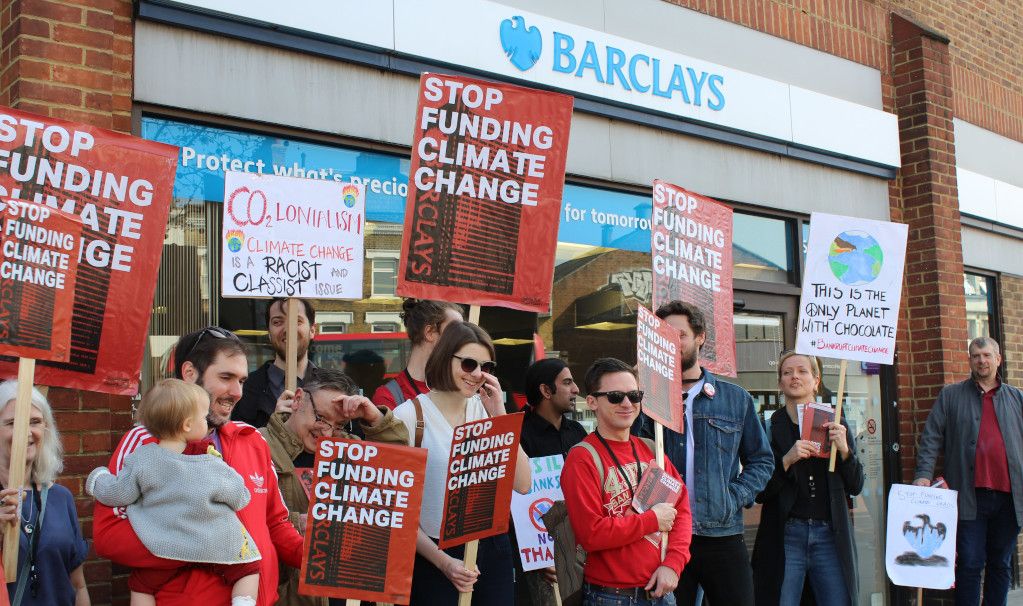Did you make less than $5,000 in 2019? Are you a student who was about to re-enter the workforce after finals? Have you lost most, but not all, of your freelance or gig work income? If the answer to any of these questions is yes, you are not eligible for the latest $2,000 a month iteration of the Canadian Emergency Relief Benefit (CERB).
An easier, more effective approach, which also acknowledges the incredible hardships and stress that people are already feeling due to the coronavirus, would be to simply give every Canadian $2,000 a month, for the duration of the crisis, and adequately adjust taxes on the wealthiest to compensate. Instead, we’re being means tested during a pandemic.
Means testing is when the government gauges your financial situation, through an extensive application process governed by lengthy criteria, to assess qualification for public benefits. It is framed as ensuring that government benefits are only given to those who truly need them, however, in practice, it quickly becomes a bureaucratic disaster of confusion and frustration. This approach leads to negative outcomes such as:
- People not applying because they don’t understand the application process
- Ineligibility for non-financial reasons
- Slower financial relief as acceptance in programs hinges on these applications
- Unnecessary cruelty to the least fortunate. Many means testing programs ensure that the government benefits are never higher than your previous wages. This means that those earning the least receive even less of the support that can be literally life and death for them.
- Workers denied benefits due to non-traditional employment structures.
More people than ever are working in non-traditional employment structures, and the CERB restrictions specifically deny support to these workers. Having lost 90% of your Uber or freelance graphic design income means that, for all intents and purposes, you have lost your job. This should be reflected in the federal government response to COVID-19.
These are times of unprecedented stress and uncertainty. The government’s primary financial concern should be getting money to Canadians need it, as quickly as possible. By taking weeks to build a new system, which still leaves thousands of the most precarious excluded from financial relief, the stress and damage of the COVID-19 pandemic will only compound, as people struggle to pay their rent and bills, and even feed themselves and their families.
The federal government response has already been altered based on Canadians’ dissatisfaction. This shows that the government is willing to cave in when we find their plans insufficient. As most people who deal with these kinds of government aid outside of crises know, this is a rare opportunity. It’s crucial that we don’t let it go to waste, in order to support these types of precarious workers during the pandemic, and in preparation for the looming recession/depression.
Freelancers, gig workers, and newly employable students have some of the most insecure jobs in our economy yet are being denied financial relief. We can change this. By making demands that prioritize all workers, regardless of how and through what channels they work, the working class is at its strongest. With the government willing to listen, for once, we should not bypass this prime chance to both develop solidarity among all workers and re-inspire beaten down Canadians about the possibility of adequate and accessible government support.



